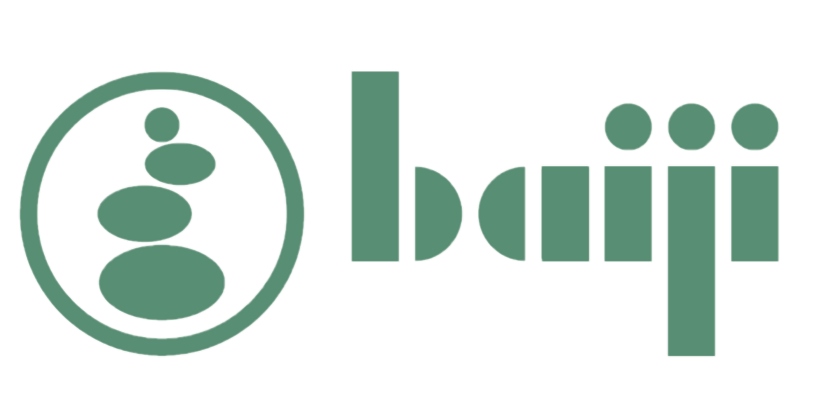The issue of paid menstrual leave has become a hot topic in the UK. The average woman spends around 3,000 days menstruating, or 6 days a month over the course of around 40 years. Women who suffer from heavy bleeding or cramps, or extra period-related conditions such as endometriosis, fibroids, PCOS or PMDD know the struggle of having to take time off work or school to recover at home.
While not every woman suffers with symptoms, those who do would probably be relieved to have extra support, or at least acknowledgment, from their employers of government. In fact, some employers have introduced their own policies, such as gaming company GOG, which has a limitless leave policy. Now that Spain has announced it is looking at reforms to allow women to take up to 3-5 days of menstrual leave per month, will this lead to similar laws being debated and introduced in Britain?
Another question we should ask is, is period leave a good thing, or would it actually set women back in the workplace? Let's explore this controversial topic.
The pros of period leave
An obvious benefit of menstrual leave is that it would reduce the stigma surrounding periods and women's bodies, and normalise conversations about women's health problems. After all, almost all women have periods, it's a natural part of life, and people should feel comfortable talking about it openly.
It also has the potential to improve the physical and mental health and well-being of those with chronic issues like endometriosis or dysmenorrhea. By allowing them some time to rest and recuperate, they could improve their performance at work, and generally feel better in themselves.
It's not just men who could benefit from having more open discussions about periods either. Such laws could promote understanding among women, as some women don't know what others suffer, and new legislation could prove educational for everybody.
Finally, if discussions about women's health become more prominent, this may stimulate innovation in solving these problems as they become part of everyday discourse. At the moment, most solutions women use to help with period related issues are side-effects of contraception such as the pill or implant, rather than targeting menstrual issues directly. Many women also find that doctors have little understanding of their issues, so more open conversations may be educational for the scientific community as well.
The cons of period leave
Of course, there would be downsides and challenges to introducing any new legislation. Could increase perception that women are less productive than men in the workplace, leading to different forms of discrimination ranging from exclusion from social activities to being passed over for promotion opportunities
Some health specialists also worry that such legislation could lead women to neglect underlying health concerns by taking time off instead of seeking medical attention. Eve Feinberg, medical director at Northwestern Fertility & Reproductive Medicine in Chicago, says “periods are a normal, healthy part of being a woman, but if someone has such severe periods that they need to take off work, they probably want to seek medical attention.”
There's also the issue of privacy. Even women suffering from the worst pains may not be comfortable with their employer knowing about their health issues or menstrual cycle. People who would rather keep these things to themselves may feel like they're being left out as they do not feel comfortable taking advantage of such policies.
Some communities may also feel overlooked, or that women who suffer bad periods or fertility issues are receiving special treatment. It may also obstruct the development of more inclusive paid leave schemes, or a better, general policy that would allow everyone to take as much time as they needed to deal with whatever issues they're going through at the time.
Open discussion about paid menstrual leave
Whether or not you think paid menstrual leave is a good idea, it's important that these sorts of issues are being discussed publicly. For a long time, women's issues surrounding periods, menopause, and fertility have been sidelined, as people have either seen them as unimportant or embarrassing to talk about.
Now that women make up almost 50% workforce, it's important to solve the issues that keep women sidelined at work, or even prevent them from working altogether.
